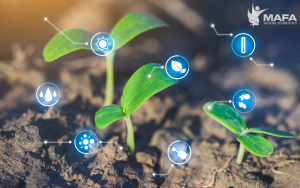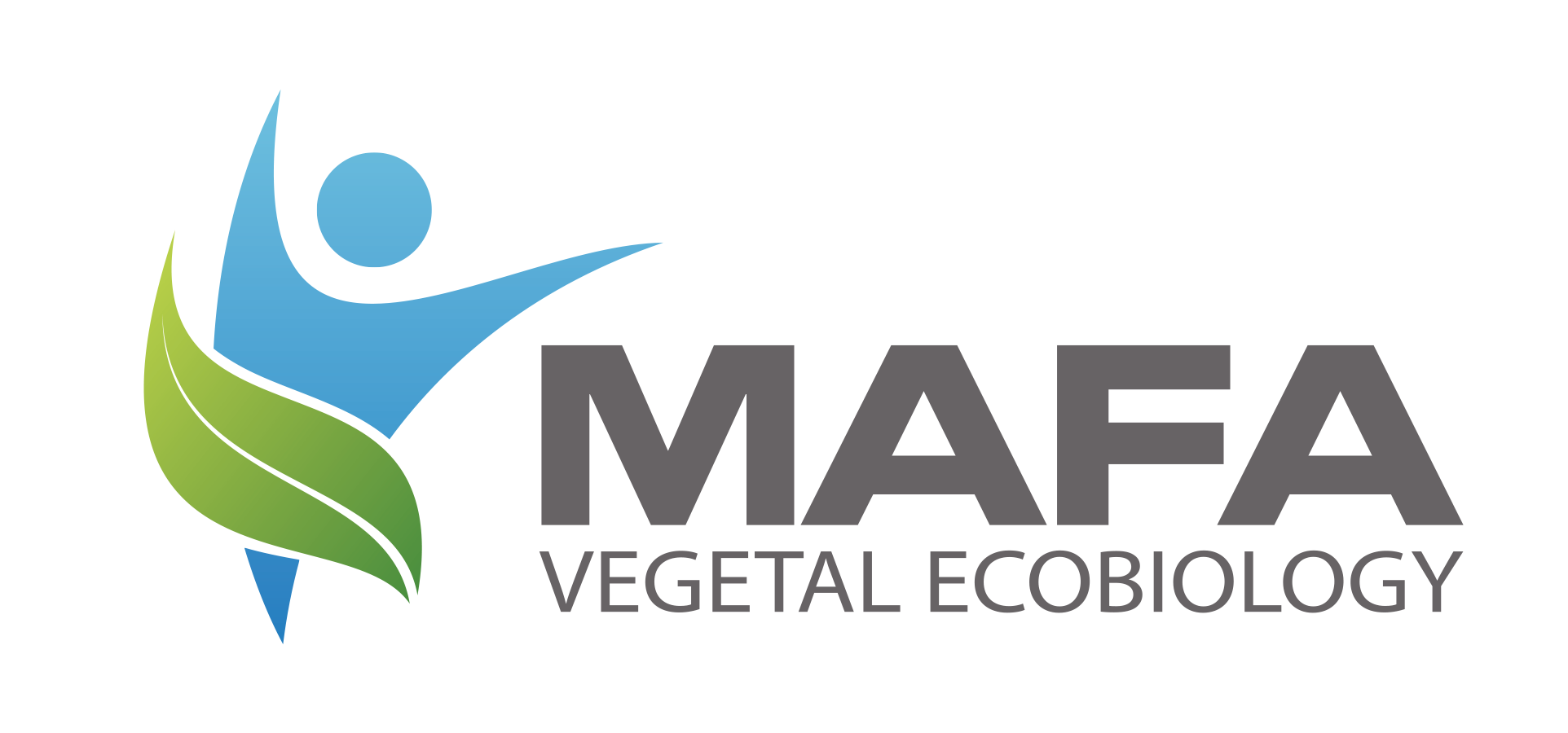World Agriculture Day, which is celebrated every year on September 9, has its motto this 2022 as ‘Safer food, better health’. It is showed that food security is one of the foundations of current agriculture is based on, and of course, the agriculture of the future.
We do not have a crystal ball to know what will happen in centuries, but we know that the agricultural sector is so important, so essential for the future of the planet is that seeking its best future is crucial for all of us who work in the sector or no.
Continuous innovation
New technologies and the various advances that digitization is bringing to all sectors are also key to the future of agriculture. Technological applications can help agricultural professionals make the most of their fields and minimize environmental impact.
A clear example is being Big Data (or data management) which, applied to agriculture, is also showing promise. The variability in each field, the appropriate amount of seeds or monitoring the state of a crop in a season are some of the immense possibilities that knowing the data provided by each crop and each field can provide. For example, soil sensors can provide real-time data on moisture, nitrate, and acidity levels.
Another technological application is taking place in agricultural machinery, which facilitates the work of farmers and speeds up processes that require a lot of time and investment. In fact, today there are tools that collect and analyze data at each point of the agricultural chain, to help producers make the best decisions regarding their crops.
From planting to harvesting, digital technologies are helping farmers get the most out of every crop.
Sustainability
Agriculture as an economic sector and all the activities linked to it -such as the production of products for the optimization of crops- have advanced impressively in recent decades, but it is true that, on a global scale, climate change, population growth and new consumption habits require effective, efficient and, of course, sustainable solutions.
Agriculture is indispensable for humanity but it must be developed with guarantees for the future.
Versatility
It may seem like a trivial item, but it is precisely the key to understanding the future of agriculture. Not only is each type of crop different, but each field dedicated to the same crop is different from another. Each case is in some way unique and that is why it is necessary to provide natural solutions adapted to each need, products with different functions and applicable to each situation.
That is why at MAFA we offer adapted advice and solutions to the needs of each crop, precisely because each case is different. New diseases, pests, nutritional deficiencies, water deficit, etc. that arise require different responses. And, of course, preventive measures.
Also it is essential to talk about agricultural biotechnology, our sector. Through research and testing, it allows us to confirm the effectiveness of rigorously developed products to meet every need. It is about responding to the enormous number of situations that can affect crops and promote plants that are more resistant to drought and more resilient and protected against fungi, bacteria and other pathogens and pests. Due to contribute to food and products of the highest possible quality. Contribute to that food security that is a guarantee of health and that, precisely, is the motto of this year’s Agriculture Day.
Plant health and food safety
It is another key element in the future of agriculture. New biofertilizers and biostimulants must be aimed at improving crop productivity, reducing food loss or waste, protecting the sustainability of natural resources and improving climate resilience.










